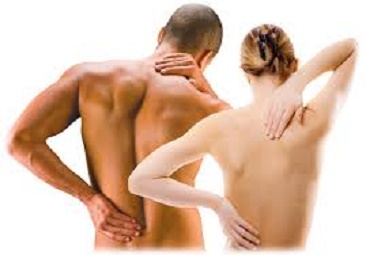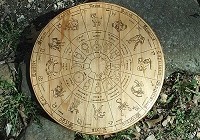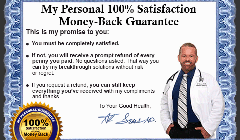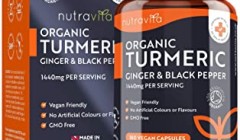 "Once we realize that imperfect understanding is the human condition
"Once we realize that imperfect understanding is the human condition
there is no shame in being wrong, only in failing to correct our mistakes. - George SorosNormally shame is seen as a negative emotion because unnecessary shame creates so much pain in our lives. In the words of one of our contemporary scholars of shame, Gershen Kaufman, "Shame is the most disturbing experience individuals ever have about themselves; no other emotion feels more deeply disturbing because in the moment of shame the self feels wounded from within."This wounding from within are what victims of rape and child sexual abuse feel, often for the rest of their lives. Arrogant people do not normally feel shame, psychopaths and sociopaths are not even capable of it. Politicians also have a hard time with shame.The only shame is to have none. - Blaise Pascal
Emotional Balance and Health
Happiness Influence Your Immune Function and More Positive thoughts and attitudes are able to prompt changes in your body that strengthen your immune system, boost positive emotions, decrease pain and chronic disease, and provide stress relief.
Communication between the heart and brain is actually a dynamic, ongoing, two-way dialogue, with each organ continuously influencing the other's function. DHEA, known as the "anti-aging hormone," is the precursor to the human sex hormones estrogen and testosterone. Its varied physiological effects include enhancing the immune system, stimulating bone deposition, lowering cholesterol levels and building muscle mass. DHEA has been found to be deficient in individuals who suffer from many diseases, including obesity, diabetes, hypertension, cancer, Alzheimer's, immune deficiency, coronary artery disease and various autoimmune disorders. Cortisol, a glucocorticoid hormone, is involved in protein, carbohydrate and fat metabolism and is widely known as the "stress hormone" because it is secreted in excessive amounts when people are under stress.
DHEA, known as the "anti-aging hormone," is the precursor to the human sex hormones estrogen and testosterone. Its varied physiological effects include enhancing the immune system, stimulating bone deposition, lowering cholesterol levels and building muscle mass. DHEA has been found to be deficient in individuals who suffer from many diseases, including obesity, diabetes, hypertension, cancer, Alzheimer's, immune deficiency, coronary artery disease and various autoimmune disorders. Cortisol, a glucocorticoid hormone, is involved in protein, carbohydrate and fat metabolism and is widely known as the "stress hormone" because it is secreted in excessive amounts when people are under stress.
The Emotions Behind Specific Body Aches
Listen to your body's signals
While most bodywork experts agree that tension and pain in the body are largely caused by how we move (or don't move enough) throughout the day, a growing number of practitioners cite emotional stress as another factor. As a Healer we work on the various bodies, The Emotional body is the major contributor to pains and illness.
Here's what your tension spots could be trying to tell you:
Neck
The neck is a two-way communicator: You take in life-sustaining food, water, and air through the neck, and at the same time, emotions, feelings, and thoughts are expressed outwardly through your voice. Stiffness here can indicate resistance, usually to other ways of thinking.
Shoulders
This is where you carry the weight of your responsibilities, whether it's work, family, or mortgage payments. Creative energy flows from here, moving into your arms and hands, where it emerges in what you do in the world. Tense shoulders can also indicate resistance, perhaps to the responsibilities you feel you must maintain, or pressure that's put on you to perform.
Upper back
This area, the reverse side from the heart, is where you can store repressed anger, resentment, guilt, or shame.
Mid back
Your core allows you to bend and move, representing your ability to be psychologically and emotionally flexible. Stiffness in the mid back can reflect an inner stiffness, holding on to a fear, or inability to go with the flow.
Low back
This part of the body supports your weight from above, and it's related to your notions of survival, security, and self-support. If you're feeling insecure—or as though you're unable to meet other people's expectations—that pressure can manifest in the low back.
Butt
Although seemingly soft, the glutes are often the most tense and clenched muscles in the body. This area has to do with elimination and release, so control and power issues are often held here.
Hamstrings
These muscles are connected to the knees—which we use to bow down to a higher being—and so tight hamstrings can often mean that a deeper level of surrender is needed. The thighs and hamstrings also hold on to past conflicts, such as traumatic childhood memories, anger, or resentment. This area is also closely associated with sexuality and intimacy.









